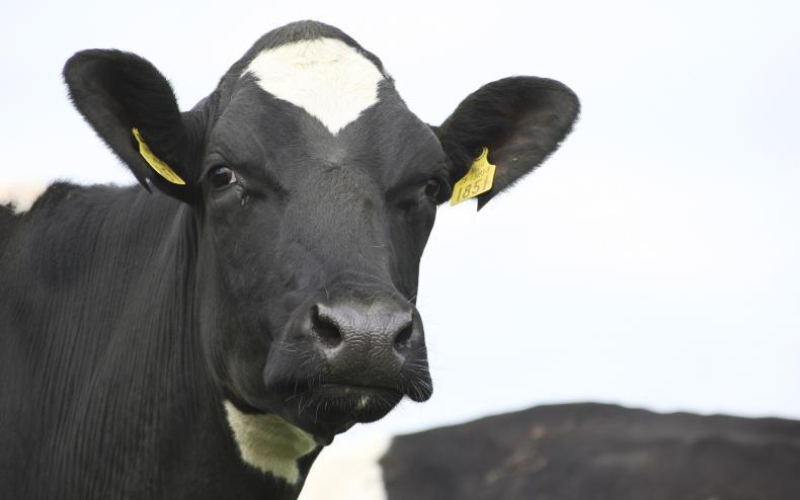A major new research collaboration, based at the VistaMilk Research Ireland Centre at Teagasc Moorepark, has been launched to accelerate greenhouse gas mitigation in Ireland’s pasture-based dairy sector.
The ‘Greenhouse Gas Hub’ will see collaborative co-funded research take place between the VistaMilk Research Ireland Centre, the Teagasc Climate Centre and five dairy co-ops: Carbery Group, Dairygold, Kerry Dairy Ireland, Lakeland Dairies and Ornua.
The hub will focus on developing solutions to reduce enteric methane emissions from pasture-based dairy systems. This evidence base will support strategies that help the sector meet national climate targets and reduce the carbon footprint, while maintaining farm economic viability, food safety and animal welfare.
VistaMilk is a collaborative research centre that brings together expertise from 13 research institutes across Ireland and it is uniquely co-funded by Research Ireland and the Department of Agriculture.
Initiative
This initiative builds on a strong body of research carried out during the first phase of VistaMilk, including work to improve the accuracy of methane emissions predictions for dairy production systems.
That research has provided evidence that enteric methane emissions from pasture-based systems are 8% to 10% lower than previously thought. Additional studies have also delivered new insights into how enteric methane varies in response to pasture characteristics, genetics, feeding and management.
Funded investigator with VistaMilk Dr Ben Lahart welcomed the announcement: “This new co-funded project, working alongside the Teagasc Climate Centre, will allow us to harness the very best of Irish research and industry collaboration to reduce emissions while maintaining economic viability.”
Meanwhile, professor Laurence Shalloo of VistaMilk and Teagasc added that the findings on pasture and enteric methane in VistaMilk phase one have been “game changing” and have helped reinforce a significant refocus on enteric methane in pasture-based settings globally.
“The impact of this research helps our understanding of enteric methane from grazing dairy cows, as well as helping develop strategies to reduce enteric methane in a cost-effective manner,” he said.
Early research-backed trials will evaluate a range of strategies to reduce enteric methane emissions within pasture-based systems. The most promising approaches will then be assessed over long-term system studies to assess their total environmental and economic impacts.


